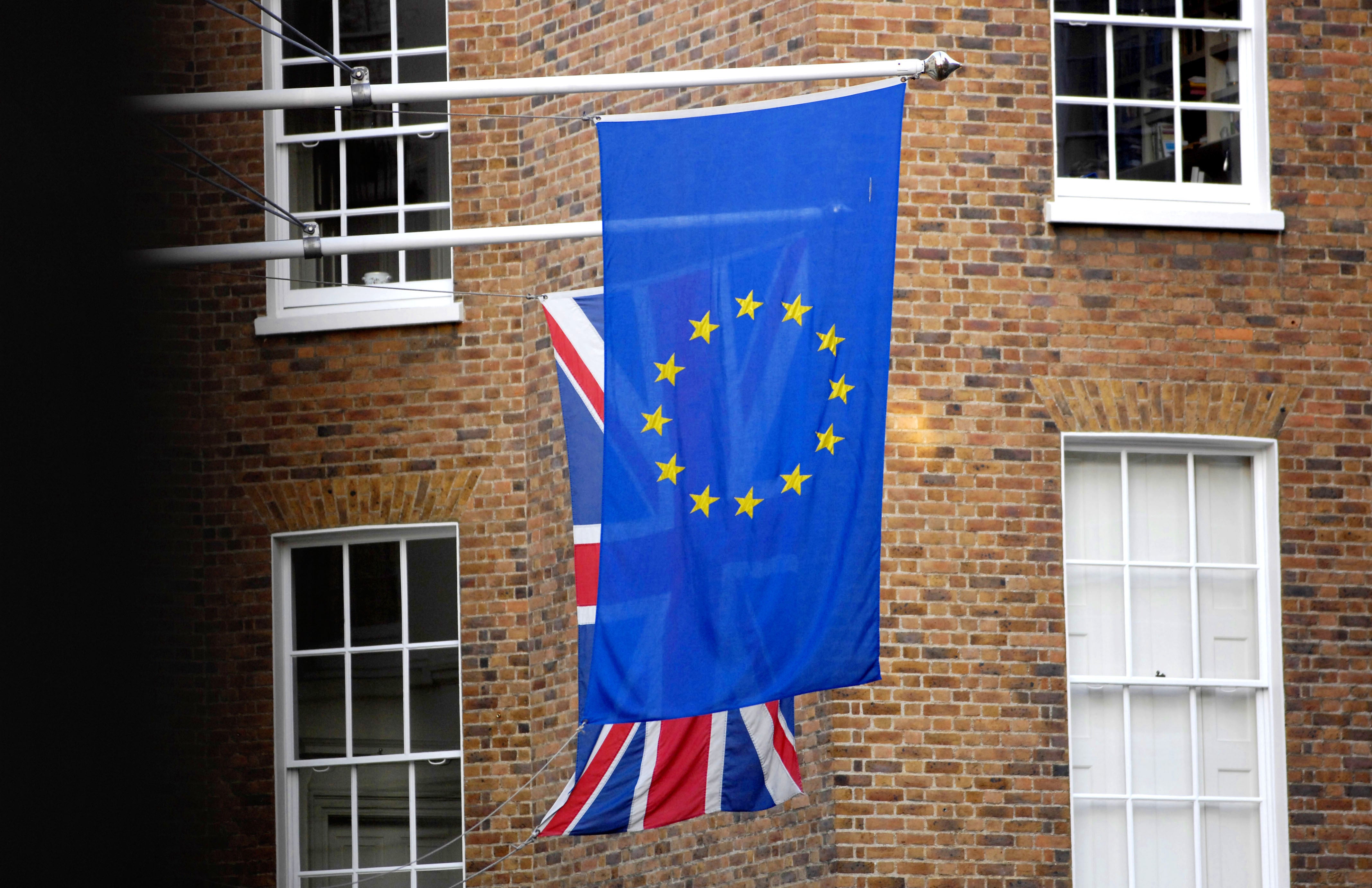Brexit divorce bill could soar by £5bn, Treasury admits
The Treasury’s latest estimate put the figure at £42.5 billion – up from £37.3 billion a year ago.

The UK’s Brexit divorce bill could soar to £42.5 billion after the Treasury increased its estimate of the payments owed to the European Union by more than £5 billion.
Simon Clarke, the Chief Secretary to the Treasury, blamed rising interest rates affecting EU pension obligations for the increasing cost on Thursday.
Originally the Government estimated the bill covering spending commitments made during the 47 years of the UK’s membership of the bloc would be between £35 billion and £39 billion.
The Treasury’s latest estimate put the figure at £42.5 billion – up from £37.3 billion a year ago.
Given this is a multi-decade liability, the variables used in this forecast will continue to fluctuate up and down
That is a rise of £5.2 billion.
In a written ministerial statement, Mr Clarke said the rise is primarily down to the UK’s obligations for EU pensions.
“The primary drivers are the latest discount rates and inflation assumptions, which are centrally set by the Government for valuing long-term liabilities,” he added.
“However, given this is a multi-decade liability, the variables used in this forecast will continue to fluctuate up and down.”
Up until the end of last year, the UK says it has paid £5.8 billion to the EU as part of the agreement.
A Treasury spokesman added: “The unprecedented recent rise in inflation and changes in discount rates have increased our pensions liability, which is the biggest reason for the increased estimate.
“The true cost of the settlement is confirmed when payments are made, based on the value at the time. The Treasury continues to monitor and verify these payments in line with the negotiated agreement.”
Bookmark popover
Removed from bookmarks